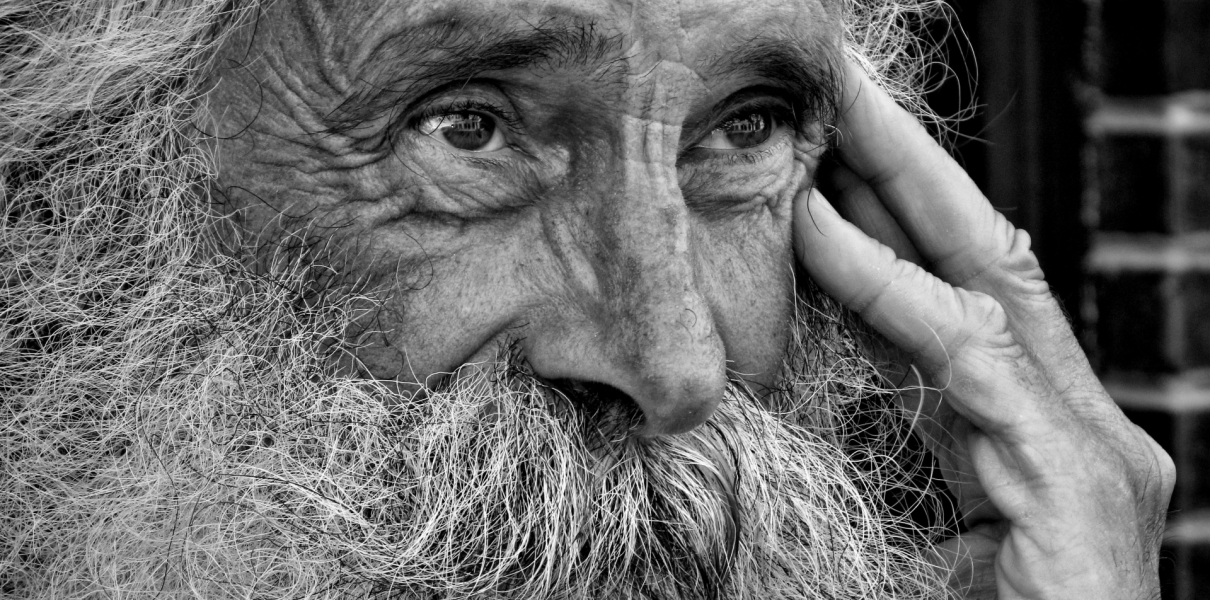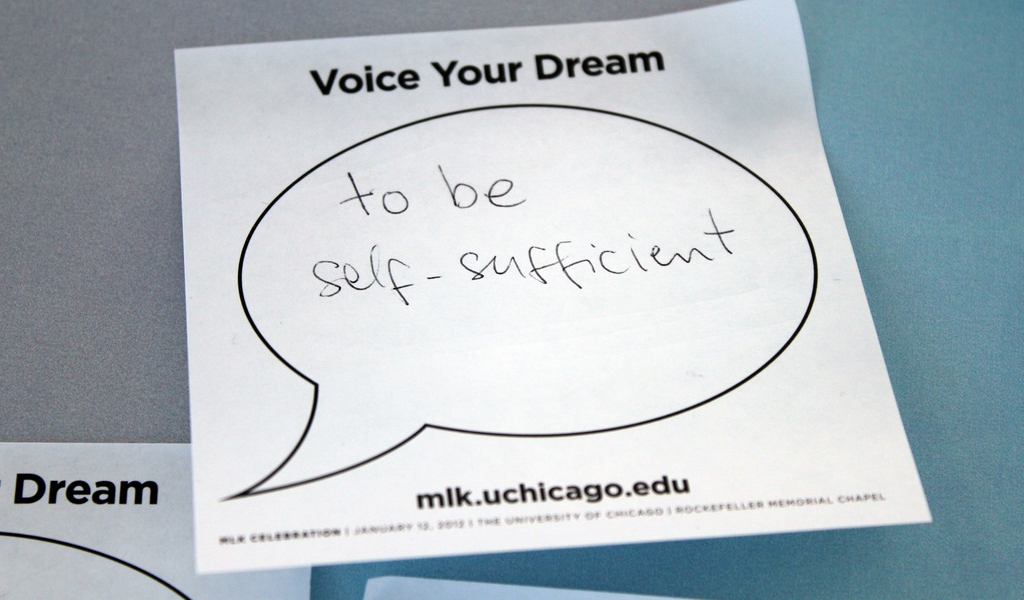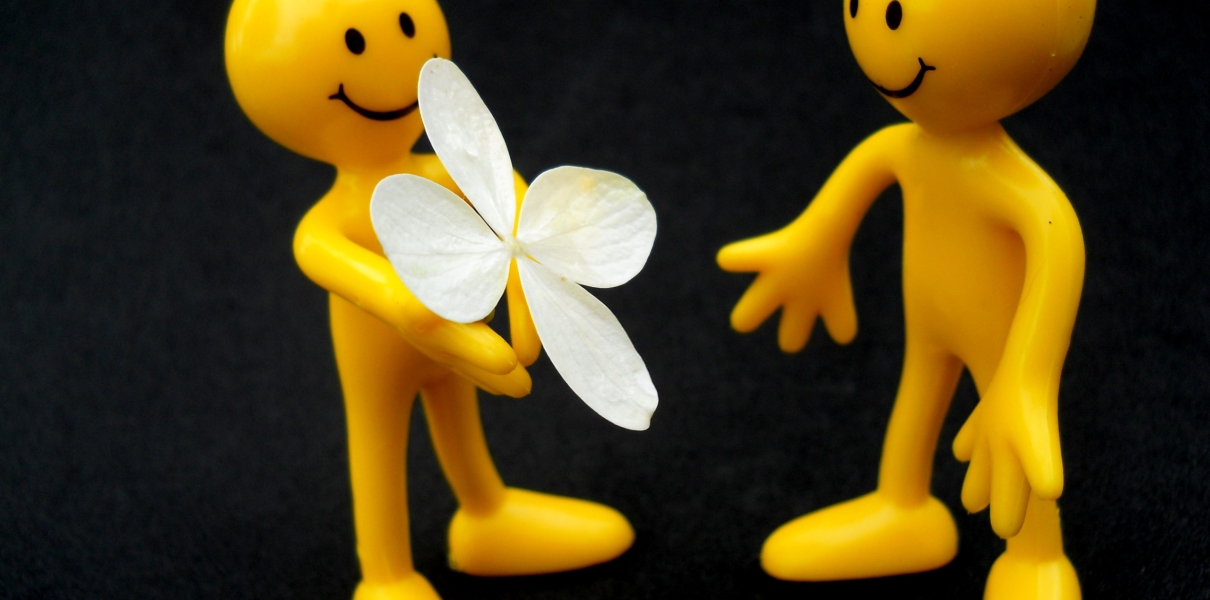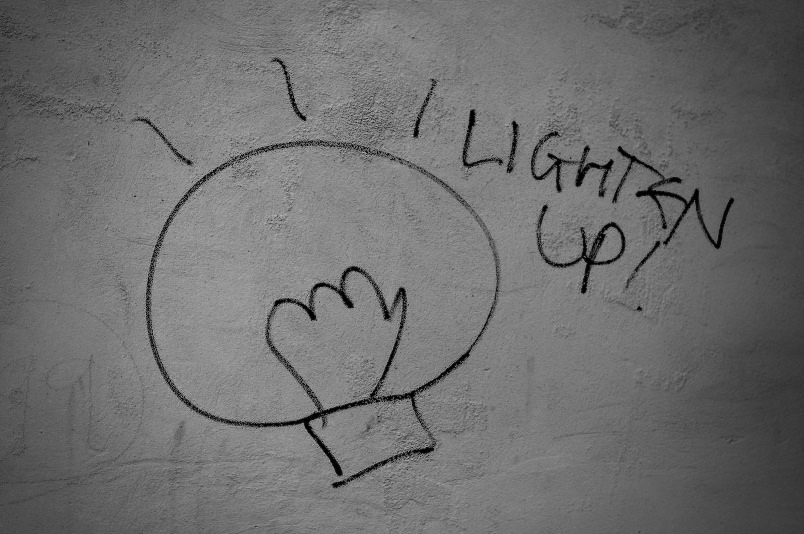Existential maturity (is) a kind of peaceful acceptance of mortality
and of the relationship between generations of life
that mitigates the pain of our transience
by allowing an understanding of how we can die
without entirely ceasing to exist.
— Linda Emmanuel
I must admit that I have fallen in love with this new term — existential maturity. While no measurement scale yet exists, I think it is safe to say that our culture would receive a very low score. An all-encompassing fear and avoidance of death permeates our culture and misdirects much of our energy into:
- seeking the fountain of youth through “age management,” rather than fully embracing all phases of life;
- being silenced rather than speaking up about our beliefs, thoughts, fears and concerns around dying and death; and
- postponing and avoiding end-of-life planning rather than seeing the opportunity to influence the quality of life’s end and to minimize confusion, stress, and suffering for loved ones.
The fear of death is at once culturally pervasive yet deeply private. The process of developing existential maturity involves recognizing and diminishing what Pema Chodron and her root teacher Chongpa Rinpoche refer to as “ubiquitous anxiety” — the underlying fear of uncertainty and not knowing what is happening or what is going to happen. It is a desire to feel safe, secure, and comfortable having all the answers in a world. Yet, our existential situation does not provide us with any certainty. Developing existential maturity requires moving our fears and anxiety to the background while enabling our love, courage, compassion, and authenticity to come to the foreground. It is what Pema Chodron calls “cultivating bravery,” so that we can be OK and not shut down in the face of our fears. When we choose to develop our own existential maturity, we also make a personal contribution to the collective process of transforming the culture of death from one of death-denial to one where we encounter death in a way that lovingly supports us as individuals, families, and as a society.
The origin of the term “existential maturity” can be traced to two individuals — Paul Wong and Rivca Gordon. In 2004, Wong posited an expanded vision of existential psychology in which “ethical, political and social considerations are inseparable from individual human existence.” On an individual basis, he urges us to find our true identity and to fulfill our most cherished dreams. “On a socio-cultural level,” Wong asks, “what could be done to change the conditions that perpetuate injustice and how can we facilitate community development?” And from the religio-moral perspective, he asks that we consider “what it means to treat others with respect and how we are to understand the meaning of suffering, pain and death.”
In Existential Thinking: Blessings and Pitfalls, written in 2007, Rivca Gordon discusses the idea of existential maturity within the context of the writings of Berdyaev. Existential maturity is said to occur “when a person undertakes the commitment to constantly choose to be a free human being” rather than being enslaved by external authorities. It “obliges a person to courageously and passionately strive to realize the utmost of his or her being, and to live the fullness of human existence.” The person acts “from the deepest core of his or her existential centre.” This act is an attempt to realize one’s human dignity as an end worthy in itself.
Combining the perspectives of Paul Wong, Rivca Gordon, and Linda Emmanuel, suggests that we enhance our existential maturity by living with conscious and compassionate commitment to evolving a fully developed way of dealing with our individual and shared existence. It is about living authentically — sourcing our thoughts and actions from the central, unbiased core of our being. It has to do with choosing an action not just because it is deemed to be the moral or socially “right” or “appropriate” thing to do, but because it reflects the truth as one knows it in the core of their being, and they choose to be a person who behaves in this way. It is a personal commitment to engage in the entirety of one’s life rooted in a sense of personal responsibility, accountability and integrity that is in alignment with what one perceives as truth. It is about personal authenticity and collective caring and compassion.
For so many of us, our lives pass by in an uninterrupted race against time with more things that we feel we simply must do than hours in the day, weeks, or years at hand. Life consumes us with very little opportunity to explore how we are living our life. Who among us records periodic appointments on our calendar to assess our existential maturity? Where is there a space in our lives to ask questions like:
- How’s my integrity?
- What really matters to me deep in the core of my being?
- What do I really believe about human life and death?
- Am I living my life from a place of personal authenticity, or am I being driven by external forces in an effort to live up to someone else’s idea of how I should live my life?
- Am I proud of myself as a human being?
- Am I paying attention to the lessons that are being presented to me in my life?
- Am I living with deep purpose according to the truth as I know it?
- Am I gaining wisdom?
- Am I maturing existentially?
I like to imagine what our lives and society would be like if we lived in a world that encouraged and valued existential maturity. What would it be like if we were taught and motivated to connect to a deep sense of self and to live our lives from that place? What if we actually talked to each other in a curious and inquisitive way about such existential matters as the meaning of life and death? What if there were no external pressure to conform to a particular point of view, but rather we were encouraged to deeply think about and voice our deepest beliefs so that a collective response could truly reflect the individuals involved? What if we did not silence certain members of our society and give megaphones to others? What if everyone’s voice and well-being really mattered?
If you would like to know more about me and my work, please explore my website here.
Also, if you know anyone who might get value from this article please email or retweet it or share it on Facebook.











